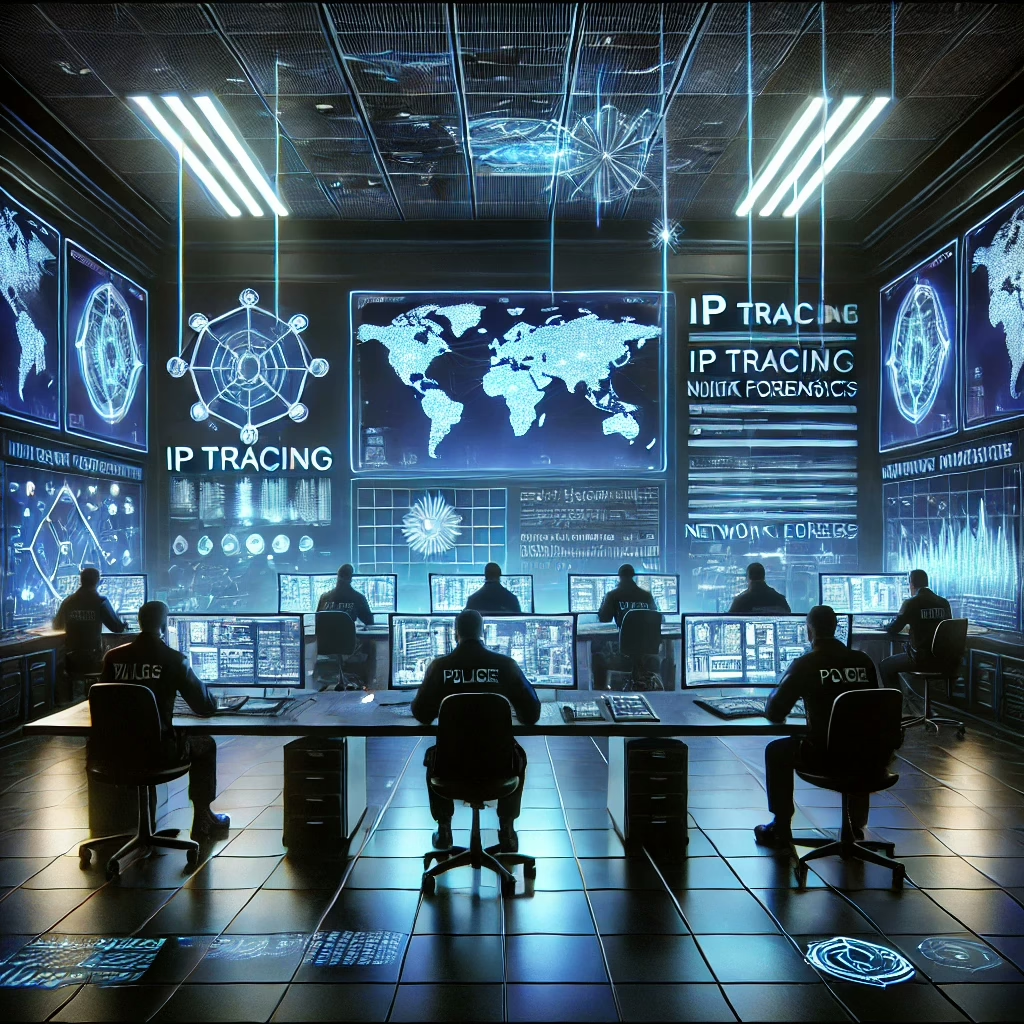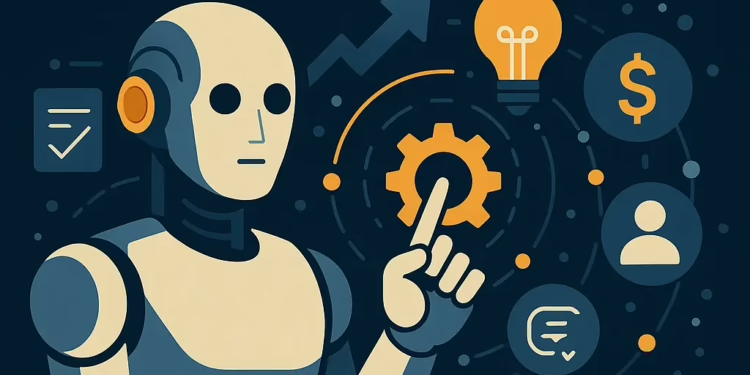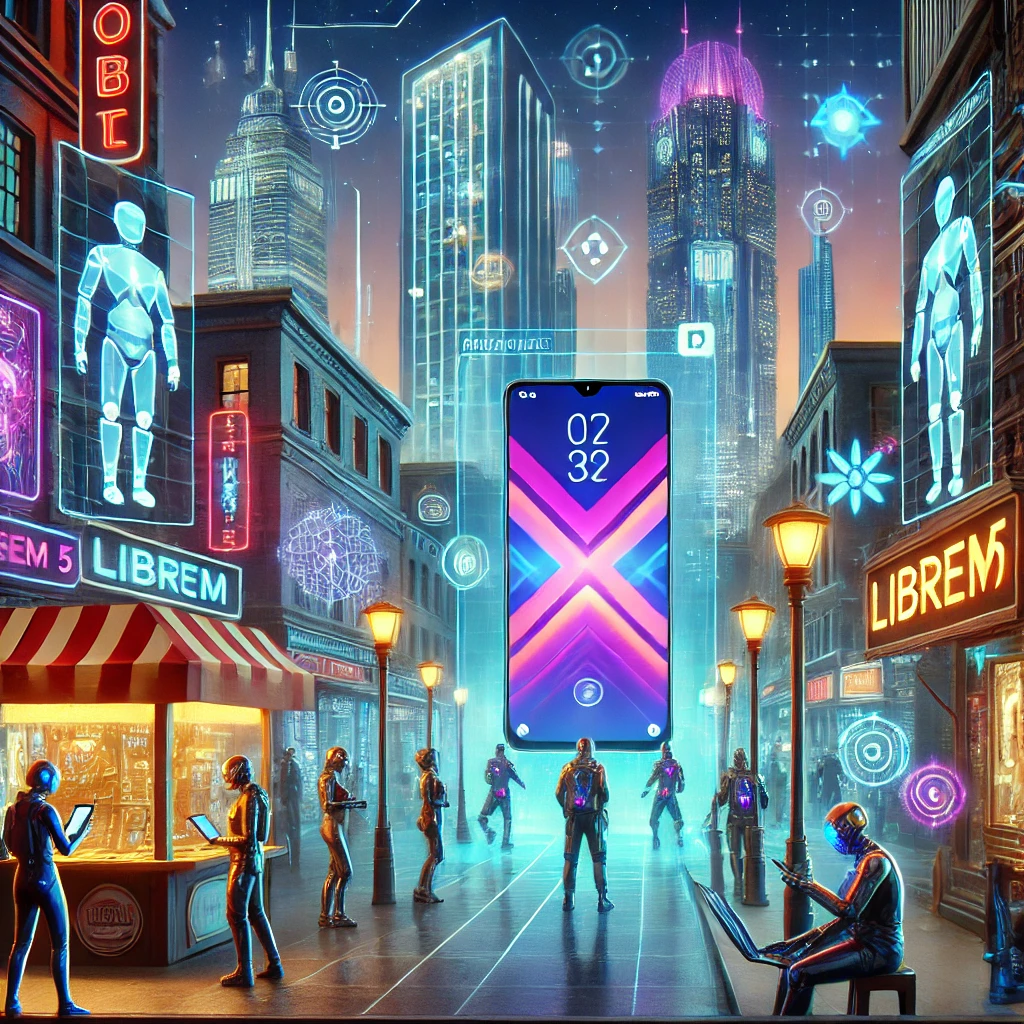Artificial Intelligence (AI) is no longer just a tool—it’s becoming a partner. The next frontier is Agentic AI, a class of AI systems that can act autonomously, pursue goals, and make real decisions without waiting for human prompts.
In 2025, this shift is one of the most talked-about tech trends. Businesses, creatives, and innovators are watching closely—because the move from “assistants” to “agents” could reshape industries just as much as the internet or mobile computing once did.
From Assistant to Agent: What’s Different?
Most of us know AI assistants—chatbots that answer questions, voice assistants that set reminders, or tools that generate text and images. But Agentic AI goes further:
- Goal-oriented: Instead of one-off outputs, it works toward multi-step objectives.
- Autonomous: It can make decisions, initiate tasks, and adapt to changes in real time.
- Action-driven: Beyond insights, it can execute—booking meetings, negotiating contracts, re-routing logistics.
Think of it as moving from “AI that responds” to “AI that acts.”
Real-World Use Cases Emerging Now
Agentic AI isn’t science fiction anymore. Here are some industries already experimenting:
- Logistics: AI agents dynamically optimize delivery routes and supply chains.
- Customer Service: Chatbots that not only answer but resolve—processing refunds, updating records, or escalating with context.
- Finance: Autonomous trading agents that adjust portfolios based on shifting markets.
- Manufacturing: Edge AI systems running production lines and predicting failures.
- SMBs: Even small businesses can deploy AI agents to automate scheduling, social media posting, or inventory restocking.
The Opportunities (and Risks)
Like any major tech leap, Agentic AI brings both upside and responsibility:
✅ Efficiency gains — scaling work without scaling headcount.
✅ New roles — from AI trainers to oversight specialists.
✅ Innovation acceleration — freeing humans for creativity and strategy.
⚠️ Ethical concerns — transparency, explainability, and bias.
⚠️ Accountability gaps — who’s responsible when an AI agent makes a bad decision?
⚠️ Security risks — autonomous systems could be exploited if not protected.
Preparing for the Agentic Future
For organizations and professionals, the time to prepare is now:
- Pilot safely — start with low-risk environments.
- Build governance frameworks — define clear oversight policies.
- Upskill teams — AI literacy and ethical decision-making will be must-haves.
- Invest in infrastructure — secure, scalable systems to handle autonomy.
- Stay human-centric — use AI as augmentation, not replacement.
What It Means for You
For businesses: expect leaner, faster operations—if you adopt responsibly.
For professionals: expect job boundaries to shift. Humans will do less repetitive work and more oversight, creative problem-solving, and exception handling.
By 2030, Agentic AI may feel as natural as the smartphone does today. The question is: will you be ahead of the curve, or playing catch-up?
Closing Thought
Agentic AI isn’t here to replace us—it’s here to collaborate with us. The winners will be those who embrace it thoughtfully, balancing innovation with governance.
Now is the time to experiment, prepare, and shape the future of work.
SEO Hashtags for Reach
#AgenticAI #ArtificialIntelligence #FutureOfWork #AITrends2025 #DigitalTransformation #Automation #AIInnovation #AckerWorx #TechTrends #AIForBusiness #SmartTechnology




















